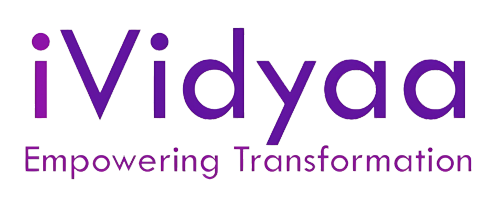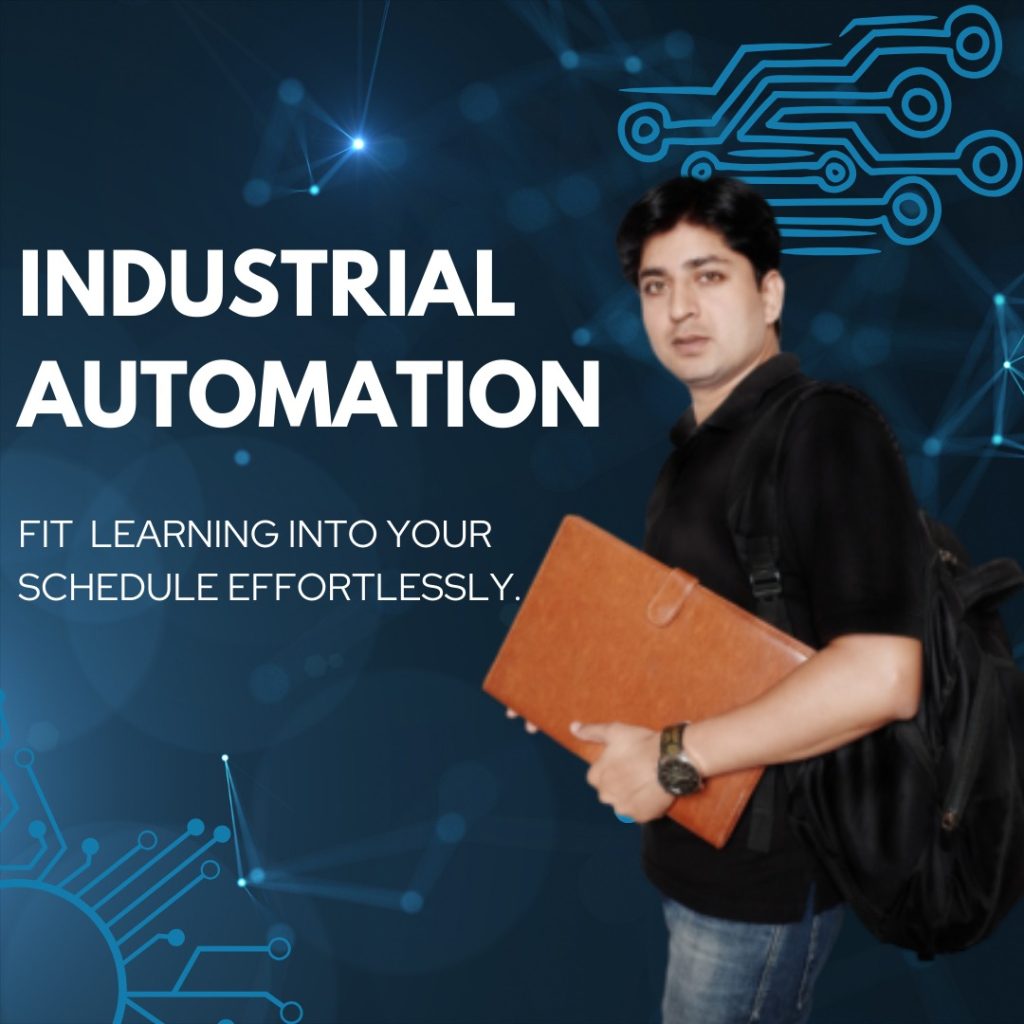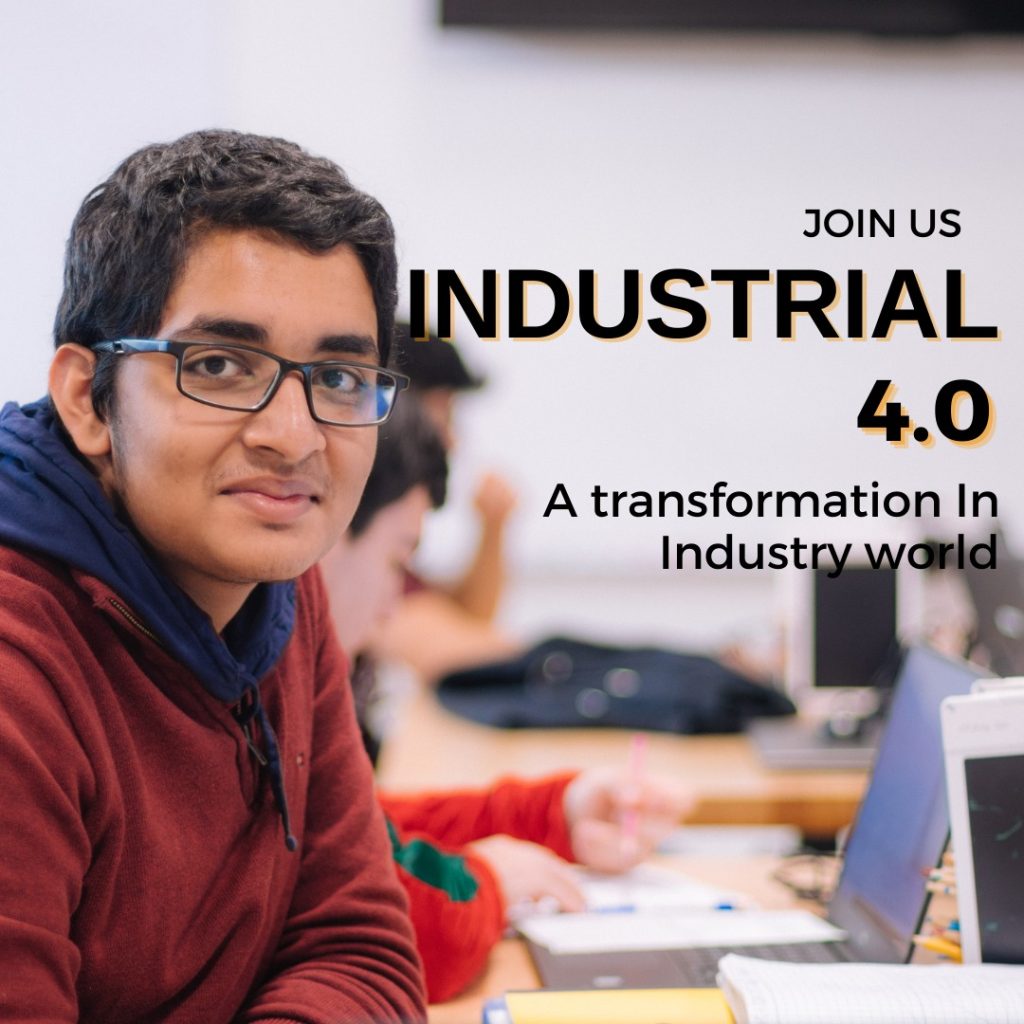
Join iVidyaa’s IIoT course to unlock the future of connected manufacturing! Understand how IIoT is being applied in real-world scenarios within the industry and across manufacturing and develop a solid understanding of IIoT concepts and applications in manufacturing. With iVidyaa, you stand to gain insights from experts who share perspectives on the opportunities and challenges of implementing IIoT
| Classroom Hours | Self-Study Hours | Total Hours |
| 44 | 214 | 258 |
Fee: 35000
Discounted Fee: 25000
Tech Stack: 








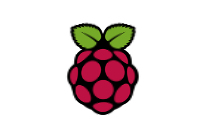
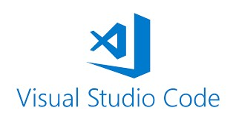
Curriculum:
The Industrial Internet of Things (IIoT) course provides an essential foundation for understanding how interconnected devices are revolutionizing industrial processes. Students will start with an introduction to IIoT and IoT, learning how these technologies enable real-time data generation and collection from a multitude of industrial assets. The course covers key aspects of IIoT communications, highlighting protocols and standards that ensure seamless connectivity and interoperability. With a focus on IIoT data management, students will explore cloud-based solutions that facilitate efficient data storage, analysis, and accessibility, driving informed decision-making and operational efficiency.
By delving into the essentials of Industry 4.0, this course prepares students to engage with the latest advancements in smart manufacturing and automated systems. Participants will gain practical skills and knowledge to design and implement IIoT solutions, positioning themselves at the forefront of technological innovation. This course is indispensable for those aiming to pursue careers in industrial automation, data analysis, and systems engineering, providing the tools needed to drive digital transformation and enhance productivity in diverse industrial sectors.
Industrial Internet of Things
● In-depth Understanding of IoT and IIoT Fundamentals: Knowledge of IoT and IIoT fundamentals allows students to comprehend how smart devices, sensors, and networks are integrated into industrial processes. This understanding is crucial for roles in designing and implementing IIoT systems.
● Proficiency in Data Communication and Connectivity Options: Proficiency in data communication allows students to design robust and reliable networks for industrial environments, ensuring seamless data flow between devices and systems. This skill is critical for maintaining efficient and uninterrupted operations.
● Knowledge of Industry Standard Protocols: Knowledge of industry standards enables students to implement and troubleshoot communication protocols, facilitating smooth integration of various devices and systems in industrial settings.
● Skills in Data Analytics and Management on IoT Cloud Platforms: These skills are invaluable for roles in data analysis and management, where students can help companies optimize operations, predict maintenance needs, and improve decision-making processes based on data-driven insights.
● Understanding the Role of IIoT in Industry 4.0: This knowledge prepares students for careers in industries that are transitioning to Industry 4.0, where they can contribute to the development and implementation of innovative solutions that enhance productivity and competitiveness.
● Enhanced Career Opportunities: Students can pursue roles such as IIoT system architects, data analysts, network engineers, and project managers. Their expertise will be highly valued in organizations looking to implement or enhance IIoT solutions.
● Hands-on Experience with IIoT Technologies: Hands-on experience ensures that students are job-ready, with the ability to apply their theoretical knowledge to practical situations. This experience is essential for troubleshooting and optimizing IIoT systems in live industrial environments.
● Ability to Innovate and Drive Digital Transformation: Students can lead initiatives to modernize industrial processes, enhance operational efficiency, and implement cutting-edge technologies that support sustainable and competitive business practices.
Introduction to IoT & IIoT
Components & Technologies of IIoT
Data Management Platforms
Integration & Computing
Application & Business Considerations
Case Studies & Future Trends
IIoT Architectures & Data Flow
Introduction to ESP32/ ESP32 CAM Module
Sensors & Actuators in IIoT
Programing & Interfacing with ESP32/ ESP32 CAM
Data Collection & Communication
Mini Project
Overview of IIoT Communications
Edge Gateways & Devices
Industrial Communication Protocols
IIoT Development Platforms
Mini Project
Introduction to Cloud-based data management in IoT
Cloud-based storage & security
Databases for IIoT Data
Cloud-based Data Analytics & AI
Building & Implementing Predictive Models
Introduction to Industry 4.0
Understanding the Fourth Industrial Revolution
Smart Factories
Impact of Industry 4.0 on different sectors
Challenges & Benefits of Industry 4.0
Future Directions
FAQs
| Language | English |
| Hours | 258 Hrs |
Related Course
You can Join with Us!
OUR INDUSTRY CONNECTS













